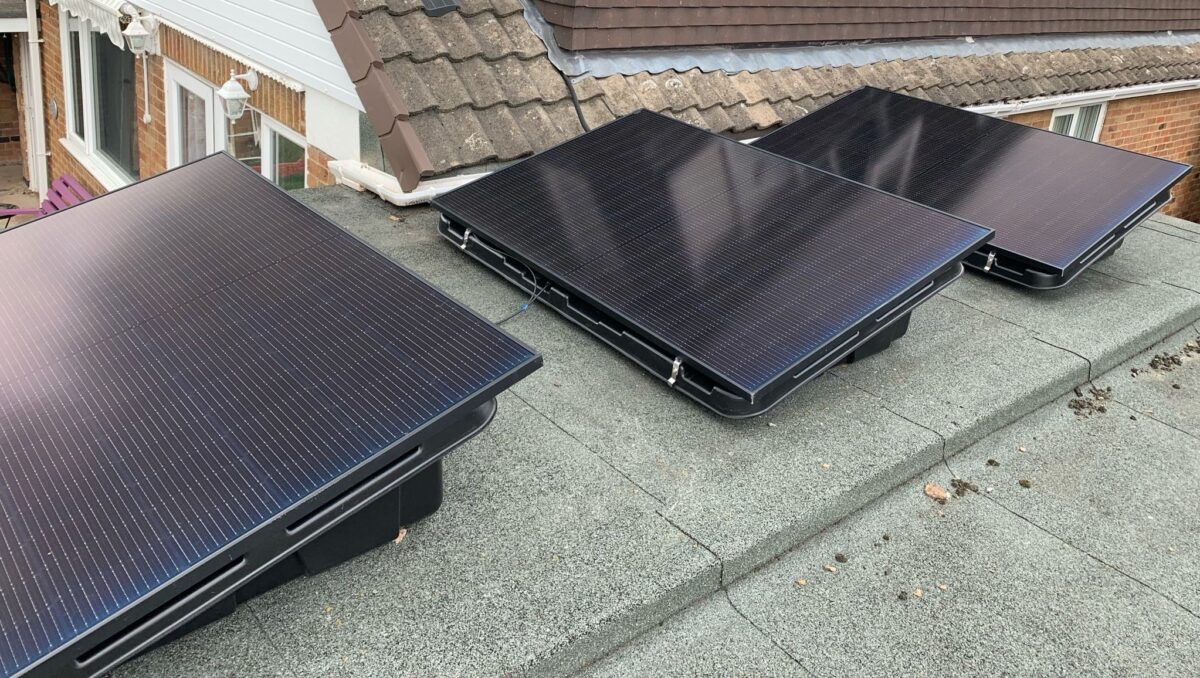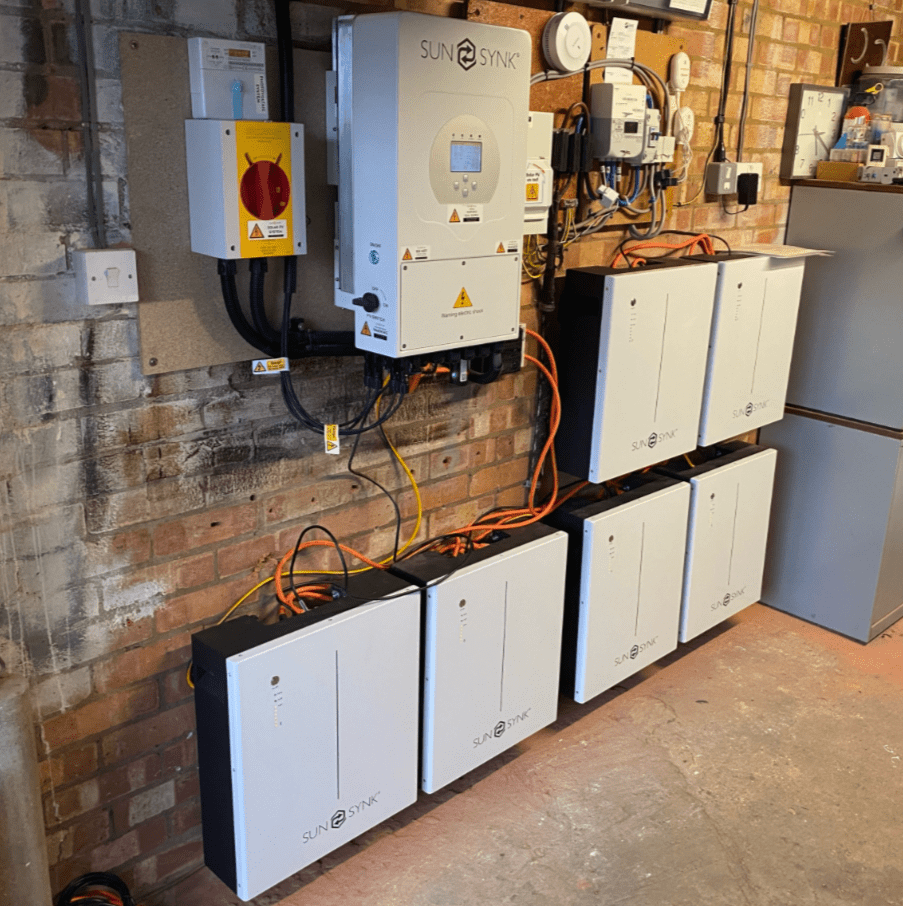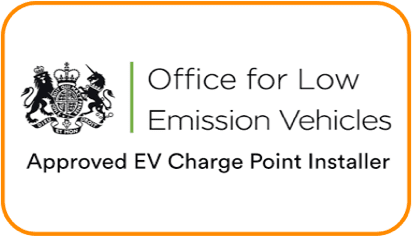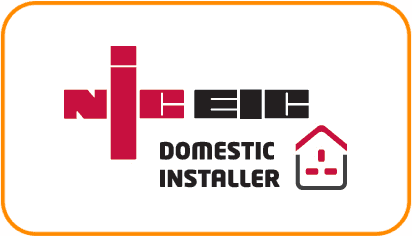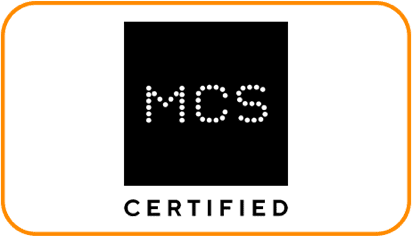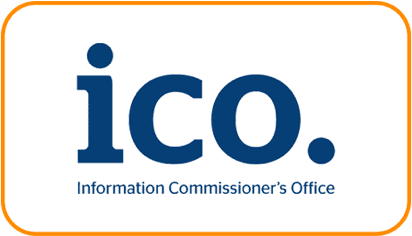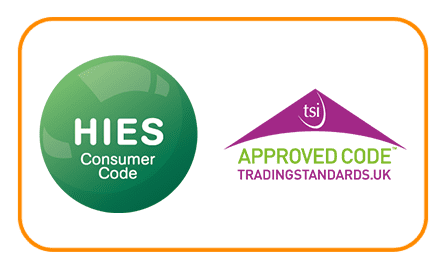The tiny little Isle of Eigg might not seem like the kind of place that could teach the world any type of lesson, let alone a lesson concerning the future. A rocky island sitting off the coast of Scotland, its occupants are made up of just over 90 humans and a vast array of wildlife. So, how has this small island become a world pioneer for the sustainable living, which we all need to start practising?
The story of The Isle of Eigg
Condensing a long story, about twenty years ago Eigg was owned by a power-mad, business man named Keith Schellenberg. He controlled everything with such vigour that it almost mirrored that of a dictatorship – he decided everything from transport, housing and jobs. The locals decided that an uprising was necessary to break-free from Schellenberg’s chains (with notable influence from literary work); they set up the ‘Community Land Trust’. They hoped to buy the land back but lack of money and Schellenberg, who rejected the community because it was too ‘Soviet’, stood right in their way. After a long winded battle which involved money, donations and a German academic called Maruma (who actually ended up not being an academic or being called Maruma) the island was returned back to the residents. The Isle of Eigg is now a socialist island which belongs to the community rather than just a millionaire, who bought the island because of his greed for power, with little regard for anybody else.
This new found independence allowed the locals to decide and have complete control of the future of the place they lived and worked. And what a change the people of Eigg made to the island – this year they celebrated nine years of producing about 90% of their own electricity through the first ever green grid which is a combination of hydro, solar and wind power. How have they done it? The electricity supply for homes is capped at five kilowatts and 10 kilowatts for businesses and so far none of the islanders have exceeded their limit. It’s an admirable and quite frankly amazing achievement; the Eiggers actually cut the energy use of their homes and businesses by 47%, and they achieved it by making simple changes that we could all emulate. Improving their home energy efficiency and basically, just using less energy.
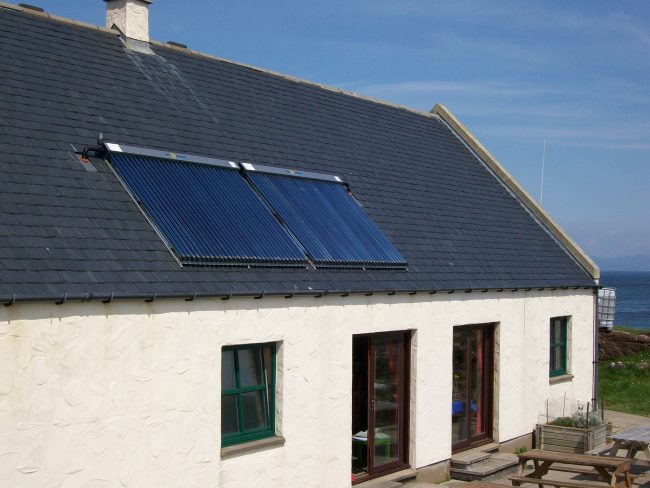
Life on The Eco friendly Island
The houses on the eco friendly island are equipped with everything you could possibly need such as a wood-burning stove, and of course electricity, courtesy of the solar panels. Outsiders may find it hard to adapt to the Eigg lifestyle albeit rather refreshing, with no Wi-Fi, phone reception or television. Without a shadow of a doubt, the amazing landscape surrounding you will make you feel peacefully cut off from the customarily hectic world outside of Eigg.
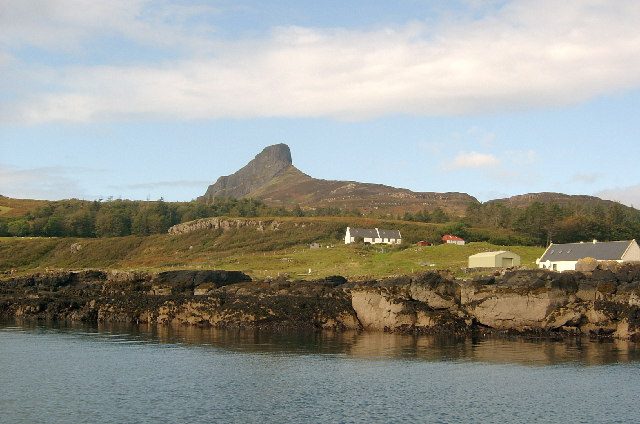
How does this Eco Friendly Island commit to Sustainability?
Here are some key aspects that highlight its eco-friendly initiatives:
- Renewable Energy: The Isle of Eigg is famous for its off-grid renewable energy system. In 2008, the island established a self-sufficient electric grid powered by a mix of renewable sources: hydroelectric, wind, and solar power. This system provides electricity to the island’s residents and businesses, significantly reducing reliance on fossil fuels.
- Community Ownership: In 1997, the residents of Eigg, with assistance from various organizations, bought the island from its private owner. The Isle of Eigg Heritage Trust, a partnership involving the residents, the Highland Council, and the Scottish Wildlife Trust, manages the island. This community ownership model has empowered residents to make sustainable choices that benefit the entire island.
- Sustainable Living: The island promotes sustainable living practices among its residents. Initiatives include recycling programs, waste reduction strategies, organic farming, and local food production. Residents and businesses are encouraged to minimise their environmental impact.
- Eco-Tourism: Eigg has developed a reputation for eco-tourism, attracting visitors interested in experiencing its natural beauty and sustainable lifestyle. Accommodation providers often emphasise environmentally friendly practices, such as using renewable energy, promoting local products, and minimising waste.
- Biodiversity and Conservation: The island is rich in biodiversity and natural beauty, with diverse wildlife, including rare species of birds and plants. Conservation efforts are a priority, ensuring the protection of its unique ecosystems. The island’s management practices aim to balance human activity with the preservation of its natural environment.
- Education and Awareness: The community actively promotes environmental education and awareness. Visitors and residents alike are encouraged to learn about and engage with the island’s sustainability practices.
The Isle of Eigg serves as an inspiring example of how a small community can successfully transition to a sustainable and eco-friendly way of life. Its innovative energy solutions, community-driven initiatives, and commitment to conservation have made it a model for sustainable living.
Obviously, a big urban city like London or Manchester, probably couldn’t replicate perfectly what the Isle of Eigg has accomplished with its eco friendly island, but communities can still come together and celebrate their own green-feats. Just like the Eiggers, if you install solar, insulate your house and use less energy, you can make bigger differences than what you perhaps initially believed.

